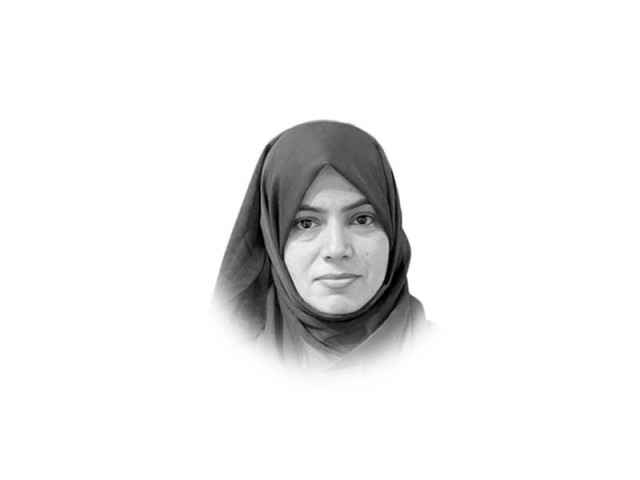Bridging the Muslims-West gap
The reason for the lack of action is that powerful countries have their own interests

Since October 7, 2023, Gaza has been experiencing severe violence, with innocent Palestinians suffering at the hands of Israeli soldiers.
The death toll has crossed 37,000, including a large number of children and women. Atrocities are ongoing with no mercy; dehumanisation is a common agenda of the warmongers in Israel. There are casualties every day. The victims are the defenseless and powerless innocent children, women, and men. Human life holds no value. How long will this continue? Why are peace-loving organisations silent on this issue?
International organisations, like the UN and OIC, have not taken substantial action. Understanding the reasons behind this is crucial.
The Israel-Palestine conflict has a history spanning nearly seven decades. Globally, people recognise the suffering of Palestinians in Gaza and call for peace. However, large organisations such as the UN and OIC haven’t taken strong measures, and powerful countries like the US, the UK and France haven’t done much to stop the destruction. This prolonged conflict exposes the West’s hypocrisy and shifting priorities, whether against peaceful nations or siding with warmongers who commit crimes against humanity.
It’s important to reflect on the power dynamics between Muslims and the West, particularly in education and technology, which are apparent in various fields, including diplomacy and unity among Muslims.
The reason for the lack of action is that powerful countries have their own interests. Jewish communities have had a substantial impact on the world in areas like economics, science, business and education. In 2023, about 16.1 million people identified primarily as Jews, which is only 0.2% of the world’s 8 billion people.
Despite their small numbers, they have excelled, with many winning Nobel Prizes — 22% of all winners. This demonstrates the global influence of Jewish people.
Conversely, over 1.8 billion Muslims in the world make up nearly 24% of the total population. Despite their large numbers, Muslims face challenges in education, science and technology, which are crucial for progress.
Only 15 Muslims have won Nobel Prizes, with more than half of them receiving the award in the 21st century.
This climaxes the gap in education and technological progress among Muslim-majority countries, affecting their global status.
A key reason for this gap is the difference in education. Jewish communities are known for valuing education — something that has made them influential globally. In contrast, Muslims are lagging in education, especially in science and technology. To have a more valuable presence on the world stage, Muslims need to invest more in education, research and development.
Another factor influencing global influence is military strength. Israel, with a significant Jewish population, has advanced military capabilities, including nuclear weapons. In contrast, none of the Muslim-majority countries, except Pakistan, have the nuclear capability. But Pakistan too suffers from economic dependencies and international pressures.
To have a better future, Muslims need to focus on improving education, scientific research and technology.
Standing shoulder to shoulder with global issues, Muslims must be leaders in scientific advancements, contributing to areas like science, technology, business and diplomacy.
The destiny of Muslims is challenging right now, and it might not change unless tremendous efforts are made. They need to break free from old ways, and progress in education, science and technology. By making advancements in these areas, Muslims can become a strong force and share power with influential nations, contributing to global peace and prosperity.
The lack of international response to conflicts like the one in Gaza is influenced by complex politics and the gap in education and technology. While Jewish communities have made substantial contributions, Muslims face challenges in education and science.
To have a larger role in global issues and maintain peace, Muslims must focus on education, research and technological progress, closing the influence gap on the world stage.















COMMENTS
Comments are moderated and generally will be posted if they are on-topic and not abusive.
For more information, please see our Comments FAQ